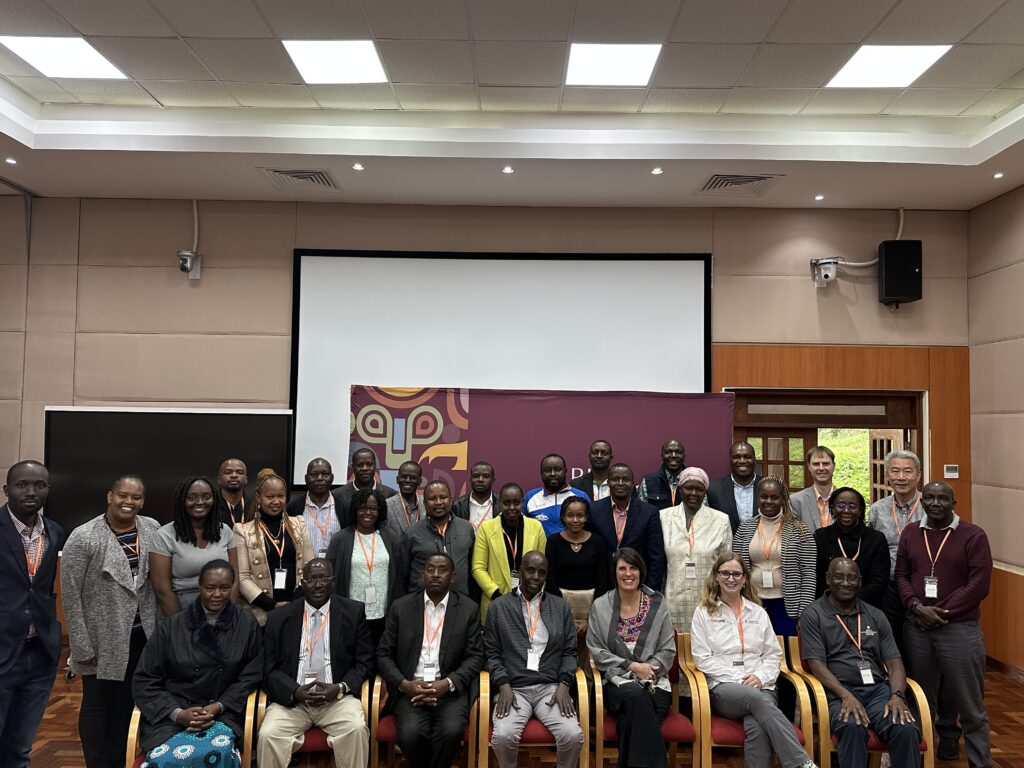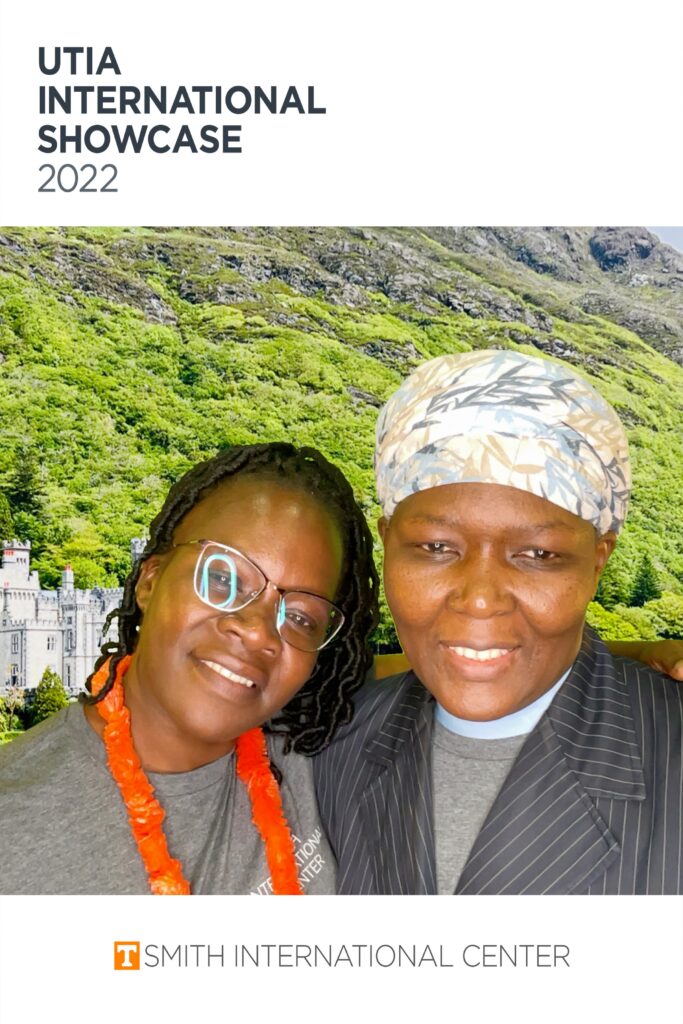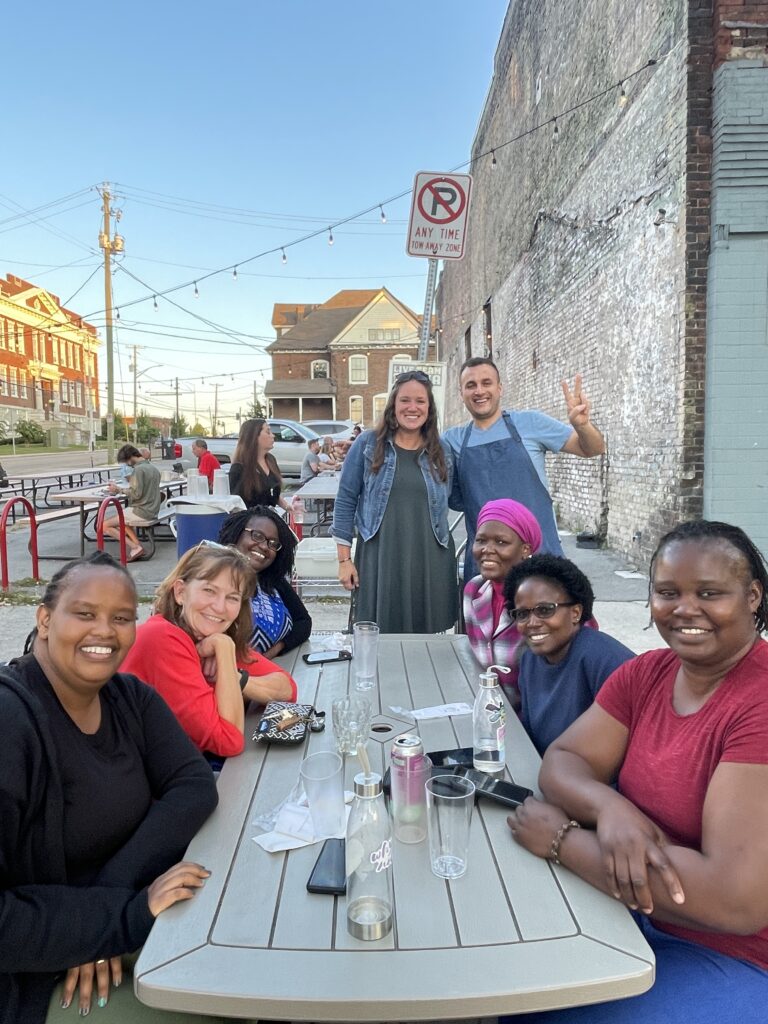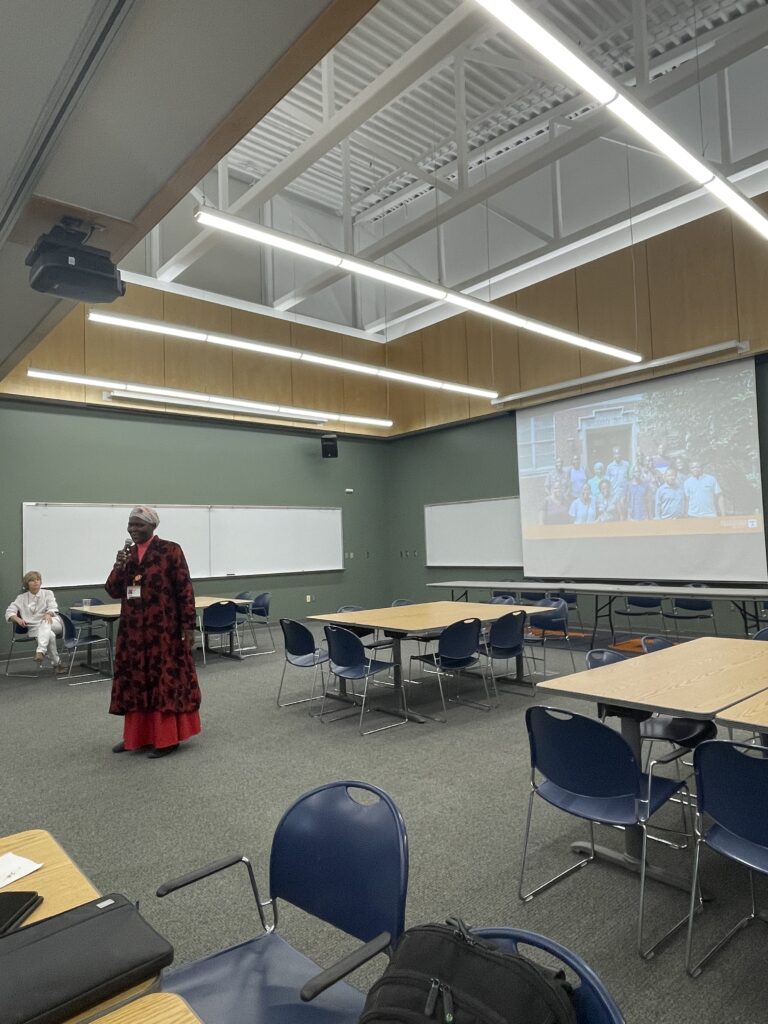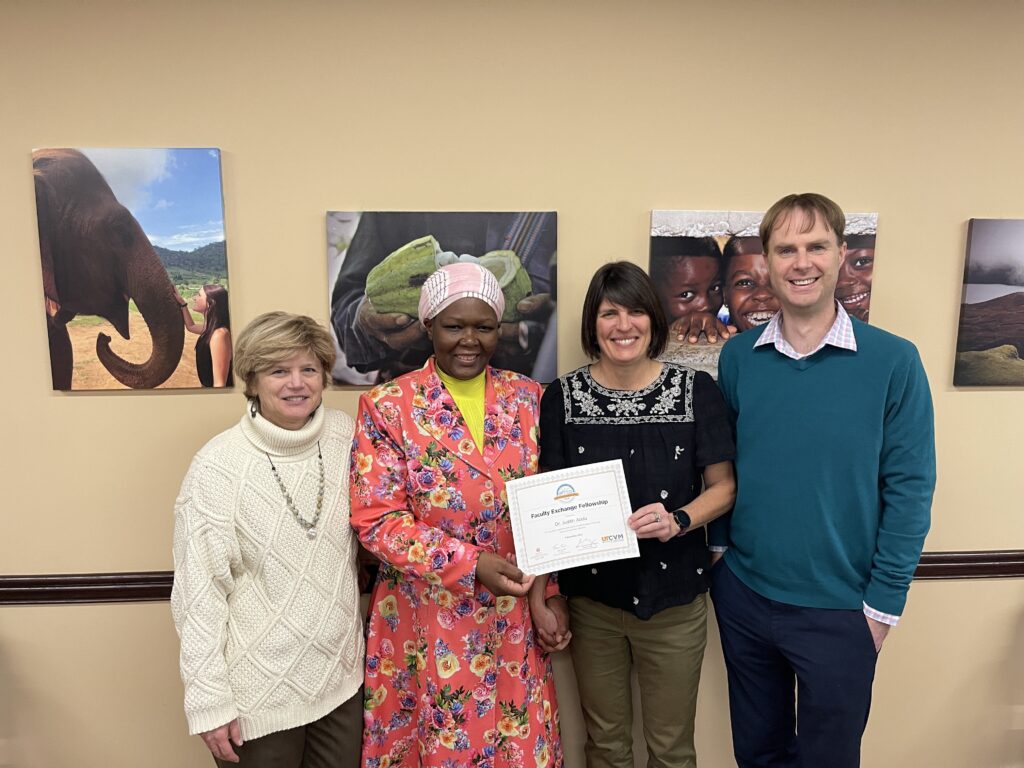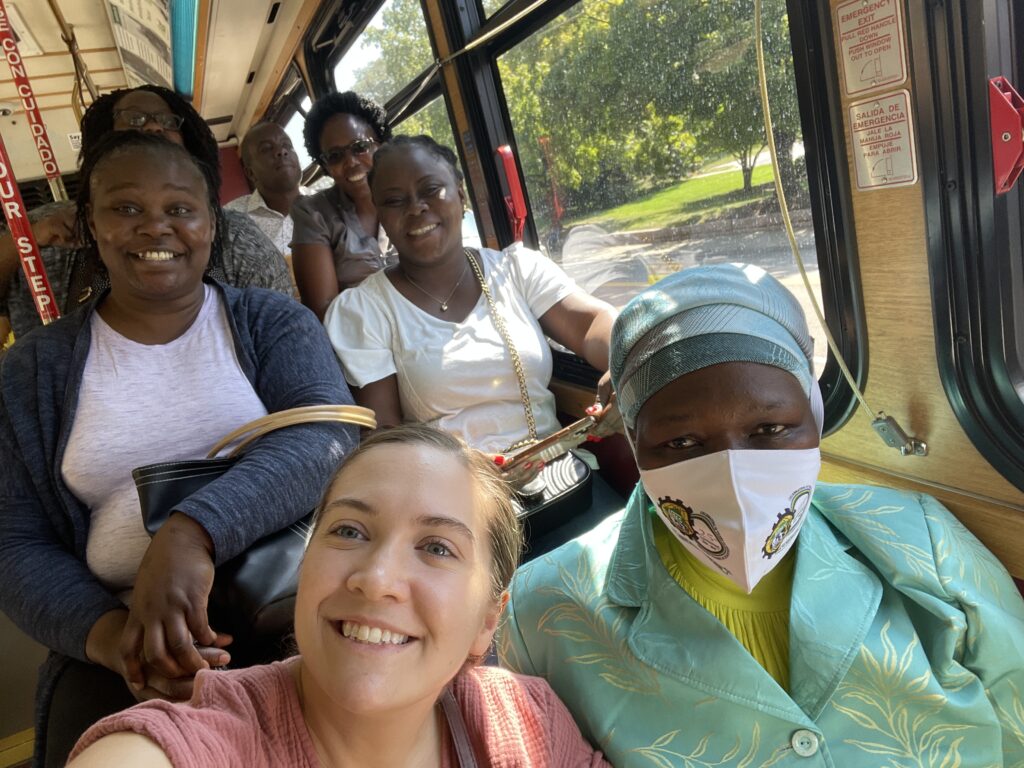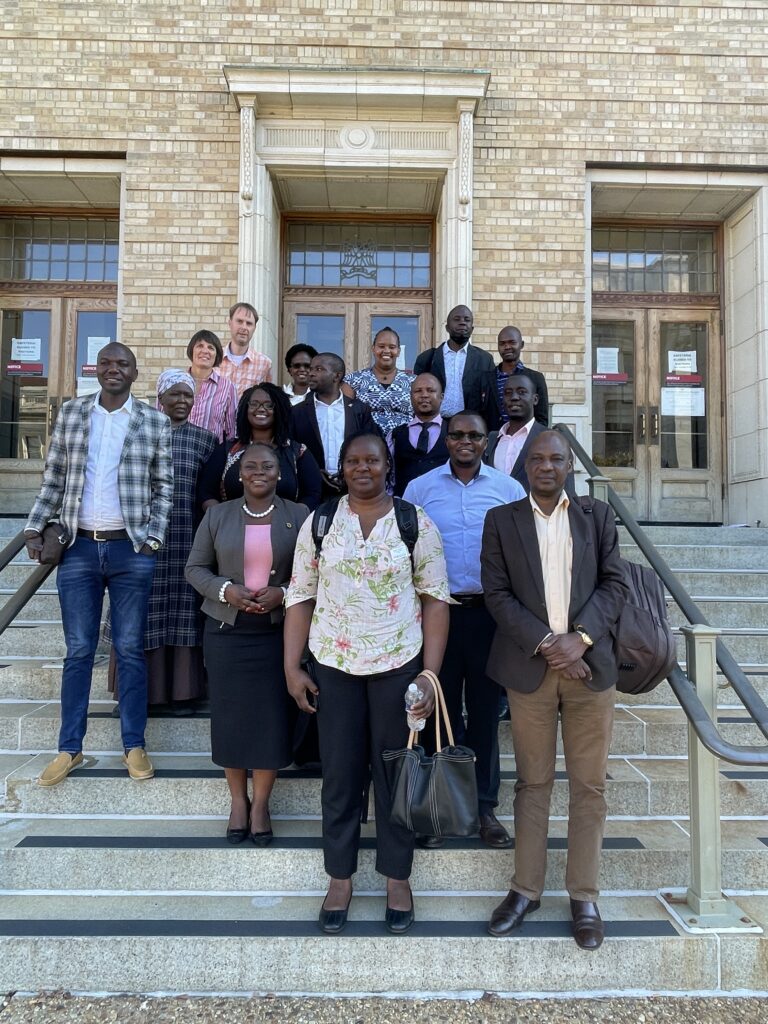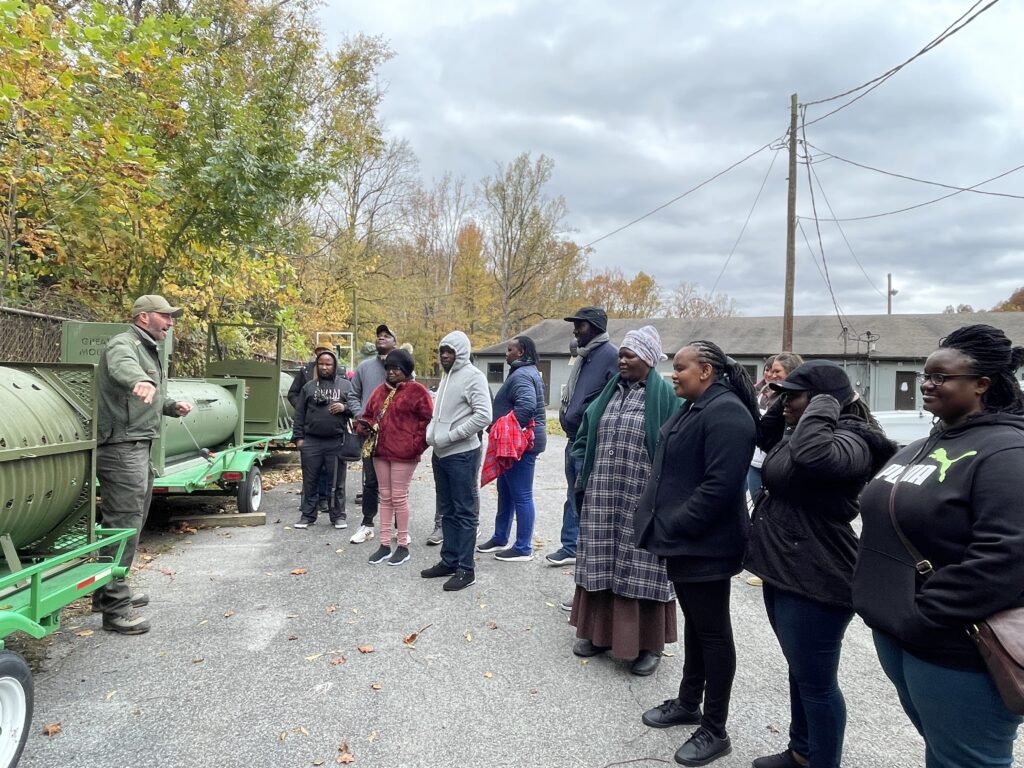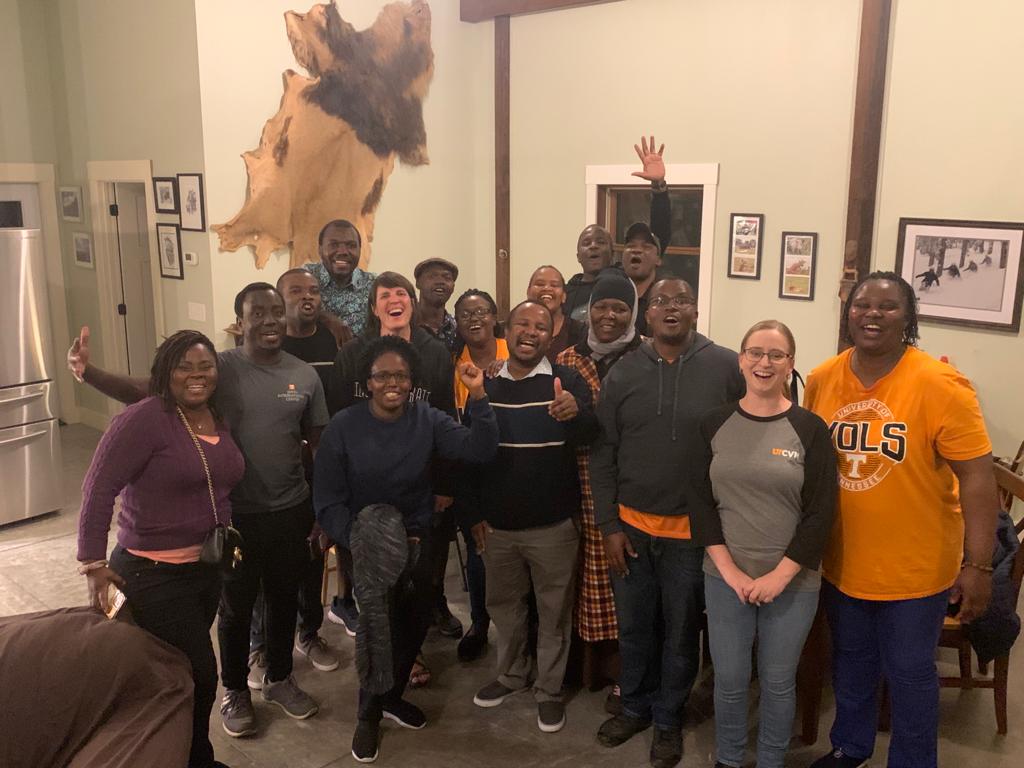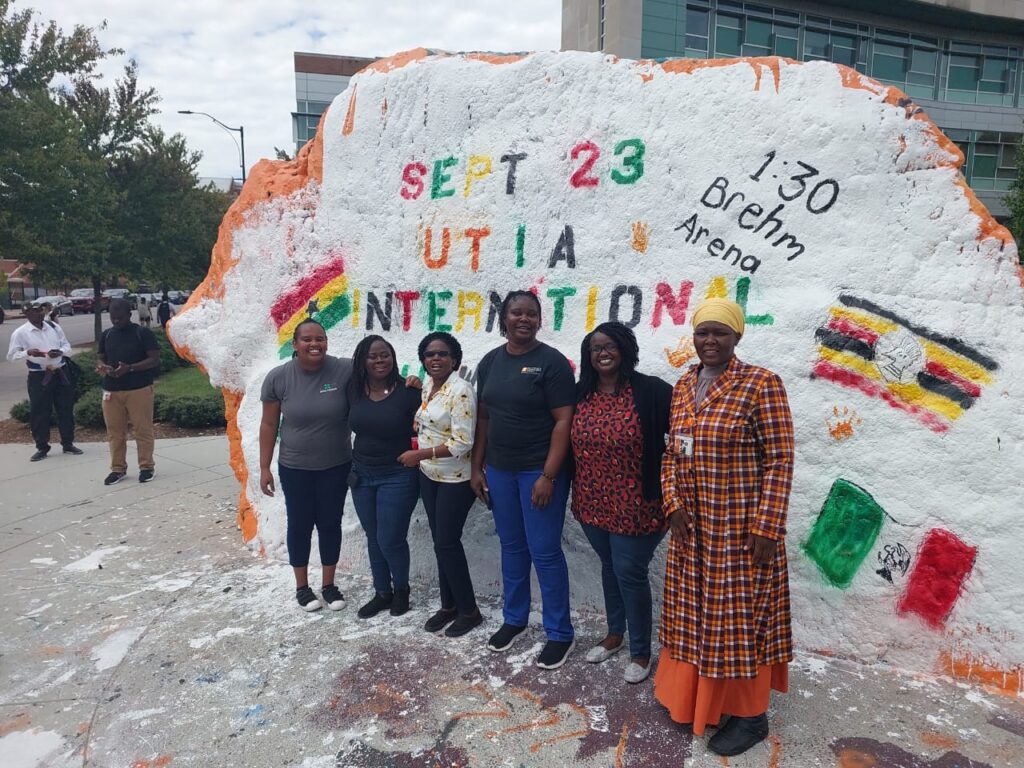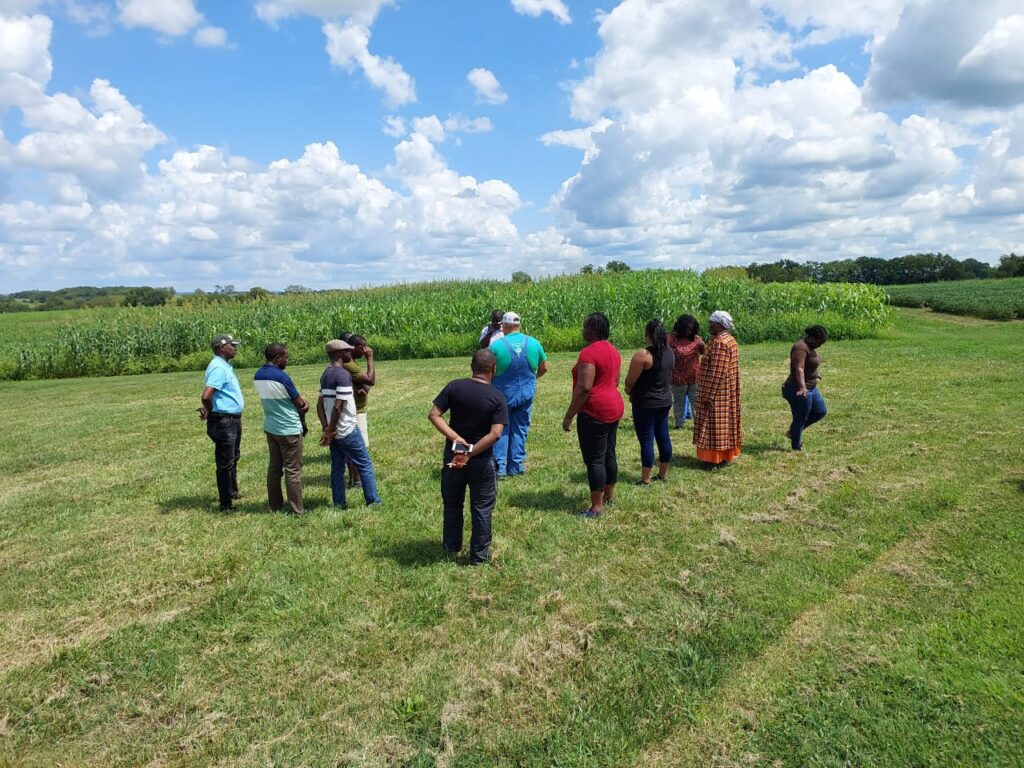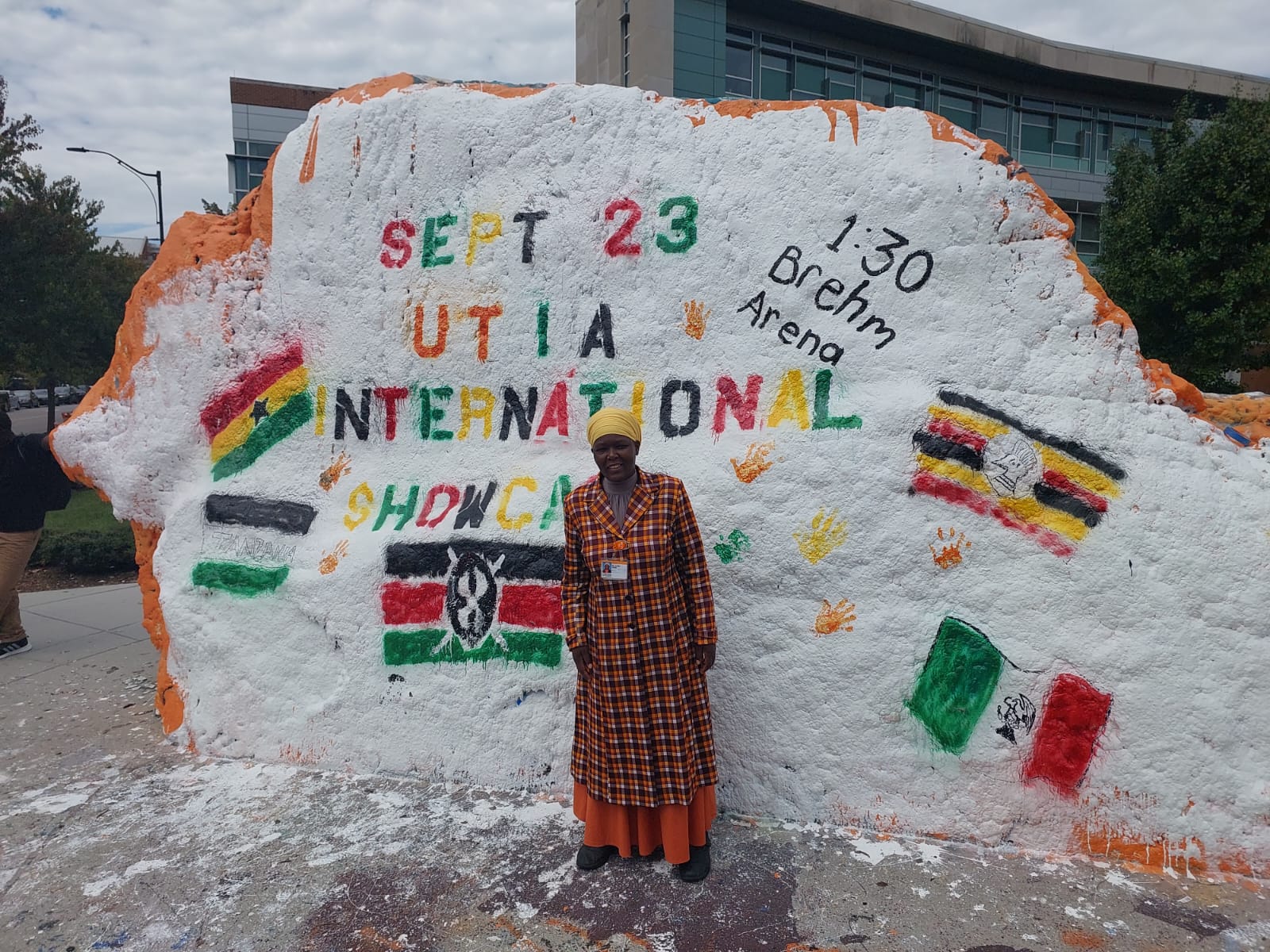
By Brooke Adams
From August to December 2022, the University of Tennessee Institute of Agriculture hosted nine Faculty Exchange Program (FEP) and five Scientific Exchange Program (SEP) fellows from four African countries. These programs are funded through the Foreign Agriculture Service (FAS) at the United States Department of Agriculture (USDA), and they focus on veterinary teacher pedagogy and animal health governance. Marcy Souza, professor and associate dean for outreach and global engagement at UTIA CVM, served as the project lead for both programs. The visiting SEP fellows were all from Kenya, and the FEP fellows were from Ghana, Kenya, Tanzania, and Uganda. They were matched with faculty members from three different UT colleges for mentorship for the duration of their programs. Learn more about each fellow and their mentor throughout this #FacultyExchangeFriday blog series.
Judith Atela is a lecturer in the Department of Animal Production at The University of Nairobi. One of her core duties includes teaching various courses for veterinary medicine and animal science students. She is also responsible for supervising students with research projects and lecturing courses about non-ruminant production, animal nutrition, ruminant production, biotechnology, bioclimatology, and biosecurity within the animal industry. Read more about her experience as an FEP Fellow below!
Q: What interested you about this program?
I heard about this program through a fellow faculty member who had participated in a Faculty Exchange Program in the past. I became interested in participating in this program because it is all about training lecturers how to educate veterinary medicine students. I wanted to acquire the skills that my colleague had gained while in this program and broaden my knowledge in education.
Q: What were some highlights of the program for you?
I really enjoyed a lot of the experiences we had while participating in this program. I am not a veterinarian by training so being able to participate in opportunities like the FEP program was very important to me as an educator. One of the highlights of this program was having the opportunity to sit in on lectures and watch how different professors have different teaching styles and how I can implement these practices into my own teaching. This was very beneficial for me because many lectures in Nairobi are very different from UT. Here they are so much more engaged and collaborative with students and other faculty members.
Another highlight of this program is the unit we had about research ethics. As someone who spends a significant amount of time within the research field, this was beneficial because I learned about current issues in research and publications. I also learned about the importance of publications and how to maintain integrity with the data collected.
I also learned a lot about the use of media and technology that I can utilize when lecturing. At the University of Nairobi, I have access to technology, like PowerPoint, but have never thought about using it as a tool to make lectures more interesting or engaging for students. Another highlight about this program was seeing the level of hands-on research that is done at UT. I learned about how important those experiences can be for students because they are connecting their coursework to the community around them.
Q: What are you next steps following your completion of this fellowship?
Upon returning to the University of Nairobi, I would like to discuss with my department about how we can make some improvements to our coursework. One of the improvements I hope to make is working toward linking student research to farms in the community. With this improvement it will be beneficial for both the students and the community because we will be having students work toward aiding farms with their research. I will also be giving a presentation about my experiences and training while at UT and discuss what I have learned while participating in this program.
Q: Why do you view exchange programs like this one as being important?
Programs like this are so important not only to me, but for our current and future students. With the knowledge that I have gained while in this program, my students will be getting a better education and more opportunities to grow. This program has opened so many doors and opportunities for me and other professionals. Participating in this program will also help my university build a link to UT and allow for future collaborations and opportunities between the two universities.
Q: What was your favorite part about being at UT and in Knoxville, TN?
I really enjoyed my time here at UT personally and professionally. I was able to enjoy different types of food including a Thanksgiving meal with turkey, which I had never had before. I was not expecting the food to be very good, but I was wrong, it was very enjoyable and I was even able to try some foods that I had never eaten before. The people here are so friendly and made me feel welcomed, especially being so far from home. I will miss many of my colleagues and professors at UT because they welcomed me and have been so nice and helpful during my time in the program.
